The Afghan Government is Releasing Taliban Prisoners, But Will It Lead to Peace?
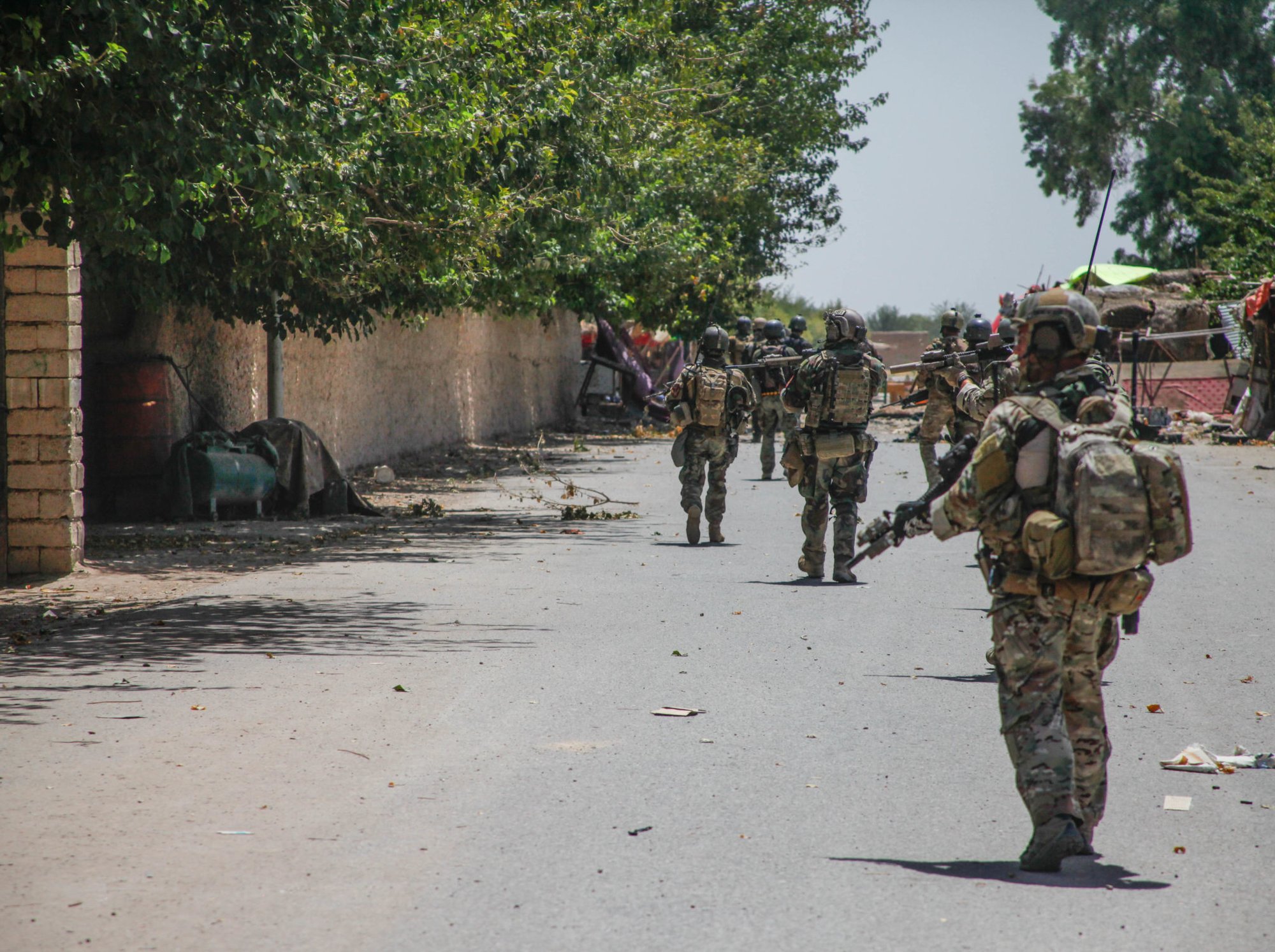
U.S. Special Forces Soldiers, attached to Special Operations Task Force-Afghanistan, along side Afghan National Army Commandos, from 7th and 9th Special Operations Kandak, clear a large alleyway during an operation in the Chanjir district, Helmand province, Afghanistan, Aug. 23, 2016. The operation was conducted to help Afghan Partner units take back a district center that was overrun by the Taliban in the area. (U.S. Army photo by Sgt. Connor Mendez/Reviewed)
The Taliban recently announced a ceasefire with Afghanistan Security Forces, and Afghan President Ashraf Ghani agreed in observation of the Eid al-Fitr holiday. The agreement came with a stipulation to release Taliban prisoners.
One thousand Taliban inmates have been released over Eid al-Fitr so far, and Ghani plans to release 2,000 more. Opinions on the situation are complex — while releasing the prisoners potentially reverses the hard work, blood, sweat, and tears that went into capturing them, it also has the potential to lead to peace within Afghanistan. The uncertainty surrounding the prisoner release weighs heavy as President Donald Trump eyes a complete withdrawal of U.S. forces from Afghanistan before November’s election.
Coffee or Die spoke with Afghan natives and U.S. military veterans to get their take on the situation.
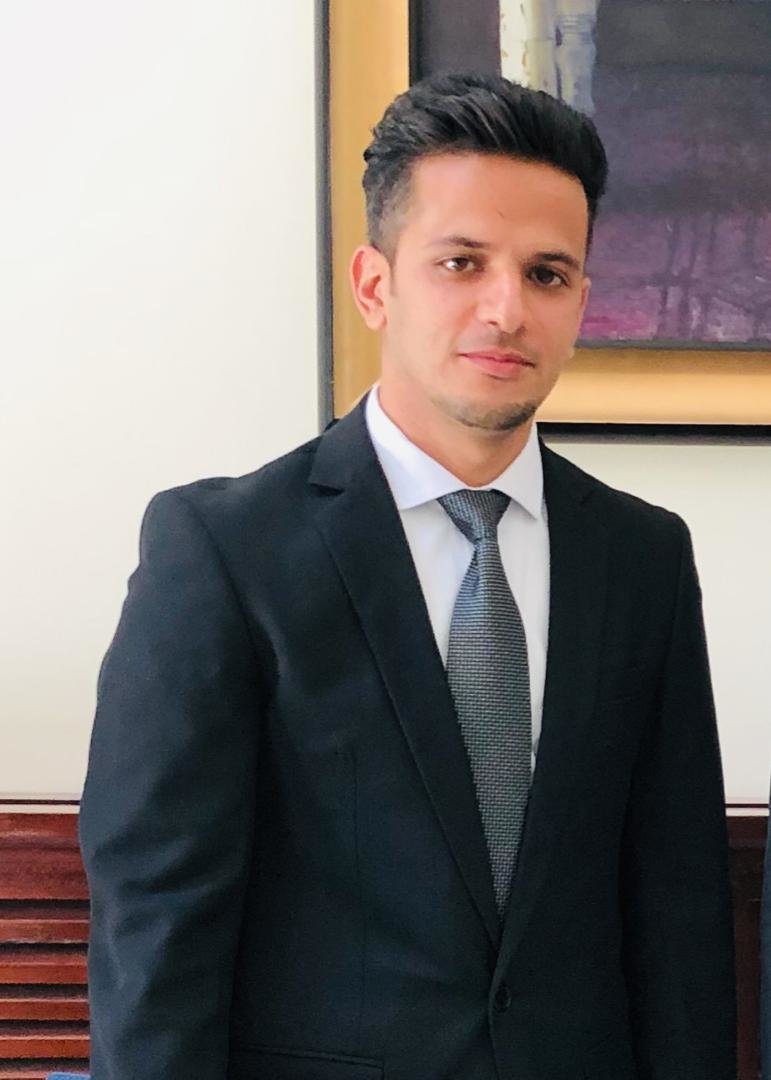
Zaki Nadry is an Afghan national and a founding board member of the Center for Reform Studies in Afghanistan. Nadry said that in coordination with the Afghanistan government releasing Taliban prisoners, the Taliban will reciprocate the gesture by releasing captive Afghan government members. In releasing the Taliban prisoners, he continued, “the government showed their goodwill for the intra-Afghan talks and negotiations to begin as soon as possible.”
He believes there is no military solution for the war between the Taliban and the Afghan government. “[The] past 18 years is a witness of the above claim,” Nadry said. As far as the impacts of releasing the Taliban prisoners, he does not believe that the Taliban and their main sponsor, Pakistan, are unpredictable.
“Pakistan sees their strategic depth in continuation of the war in Afghanistan, unless there is a change of foreign policy for Pakistan amid coronavirus pandemic and pressures from the international community, especially the U.S.,” Nadry said. “If there is such change from Pakistan and Taliban, efforts for peace will bear fruit in practice and there might be an acceptance for a longer ceasefire by Taliban. As the Gov[ernment] has always emphasized on ceasefire.”
Nadry’s main concern is that the Taliban are being deceptive — that their ceasefire is a ruse to get their most important commanders free and “once again accelerate the war in certain areas of Afghanistan to gain a bigger political leverage in the upcoming years. They aren’t trustworthy.”

Afghan national and IT engineer Bilal Sangi is currently living in Australia, where he is studying for his master’s degree in strategic communications at the University of Canberra. He weighed in with a slightly different perspective.
Sangi explained that the Trump administration has to uphold the deal with the Taliban prior to the upcoming U.S. election and pull all the remaining American troops out of Afghanistan. “He will be ending the longest American war in history,” Sangi said. “Obviously, it will help him to boost his campaign. In this process, the Afghan government simply plays the role of a prison guard.”
The Taliban has not officially recognized the Afghan government, Sangi said, and continue to refer to them as the corrupt Kabul administration. “The release of Taliban prisoners is considered as one of the main parts of the U.S.-Taliban deal and a pre-condition for the intra-Afghan peace talks,” he continued. “Therefore, the Afghan government, inevitably, would have to release the 5,000 Taliban prisoners that the U.S.-Taliban has agreed upon in Doha.”
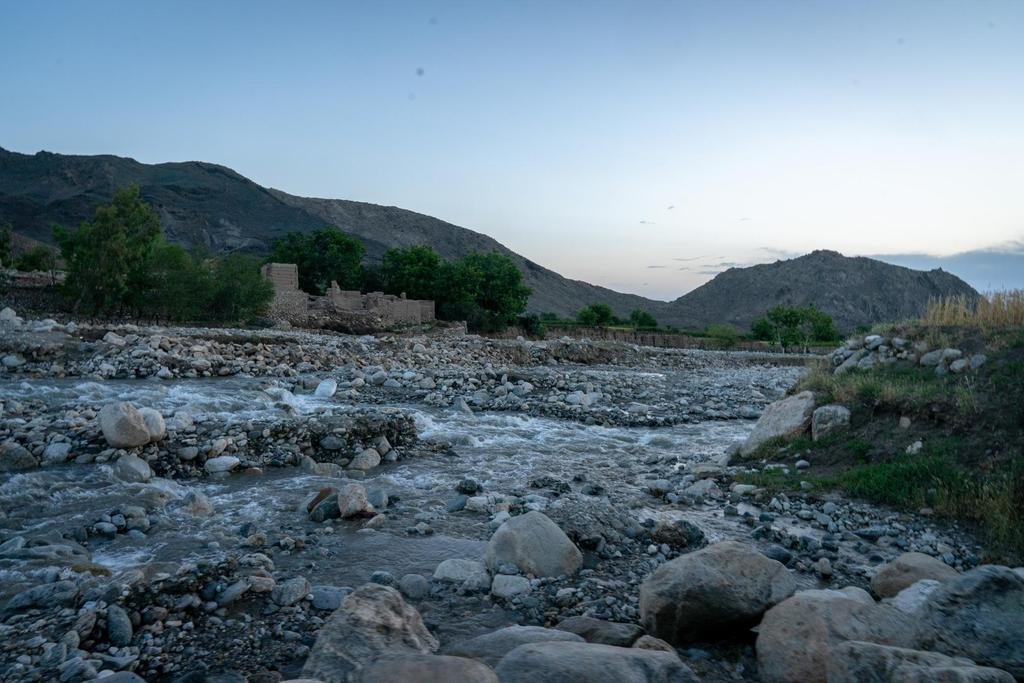
Sangi speculated that Afghan President Ashraf Ghani is profiting from this in a way. He believes that releasing the Taliban prisoners is a pressure point on the U.S. to legitimize him for the second term in office after a controversial 2019 presidential election.
When asked about the good impacts coming from the release of Taliban prisoners, he said, “Afghans quest [is for] peace over anything else. It is the first time in the past two decades that both the U.S. and the Afghan government [are] reaching an agreement and are this close regarding peace talks with the Taliban. In my opinion, it is an extraordinary opportunity for all parties. The release of the prisoners, firstly, helps all sides to obtain each other’s trust. Secondly, it will pave the way for the Afghan-Intra talks.”
He also explained his thoughts on the possible bad outcomes of this decision. “Despite the release of prisoners, the Taliban have continued to carry offensive attacks in the cities and beyond,” Sangi said. “They have repeatedly stated that they signed a deal with the U.S. and are still in war with the Afghan government. Every time their prisoners are released, the people of Afghanistan have witnessed yet another heinous attack. Most of these prisoners are captured on the battlefield or while carrying [out] covert attacks in the cities.”
Sangi explained that the Taliban have killed many Afghan civilians, and Afghans are demanding justice. The release of war prisoners without trials due to this deal will definitely have bad consequences: “They will return to their sanctuaries and continue fighting the Afghan government.”
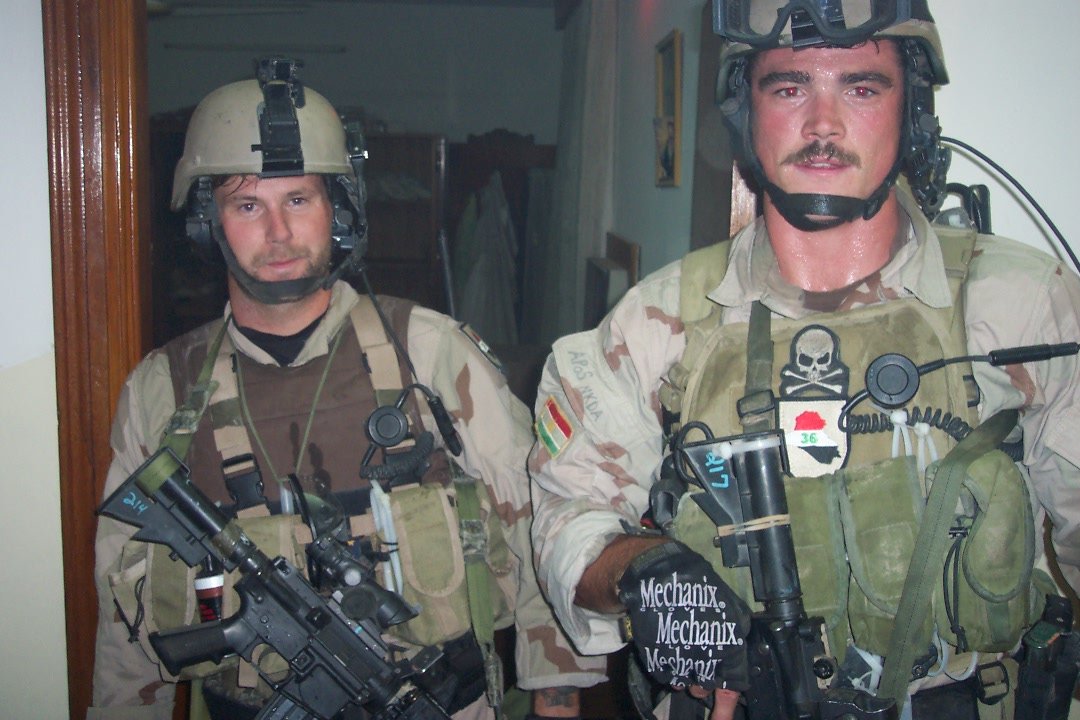
Joe Kent retired from the U.S. Army as a Special Forces Warrant Officer with over 20 years of experience and 11 combat deployments in the Middle East. Kent is also a Gold Star husband; his wife, Shannon Kent, was killed in action in 2019 while conducting special operations against ISIS in Syria. While he never served in Afghanistan specifically, he spent plenty of time in combat in that part of the world.
“The prisoner exchange should be viewed as both a necessary evil and an eventuality for the United States. It is a necessary evil in terms of the deal that we are attempting to cut with the Taliban,” Kent said. “The deal itself is so we have the fig leaf of a justification for ending our mission in Afghanistan, but most importantly so that when we catch members of the Taliban interacting with al-Qeada (or other Jihadis with eternal aspirations), we can hold up the deal as a justification for striking them.”
Kent believes the latter will be the most probable outcome. “Anyone advocating a continued U.S. presence to detain locals and prop up the failed Afghan government should not be taken seriously in 2020,” he said. He added that because the U.S. provides funding to the Afghan government, it’s up to the U.S. how long we should continue to pay for the confinement of the Taliban.
“They have no deal to cut with the TB and are hoping that the released prisoners will rejoin the TB and attack the U.S. to delay our withdrawal.”
“It is also up to us to not have our troops in harm’s way when prisoners rejoin the fight,” he said. “Our gamble is that the Taliban want to see us leave, and they will hold off on attacking the U.S. as we withdraw.”
Kent believes a slightly less visible purpose of the deal is to ensure the Afghan government’s survival once U.S. troops are withdrawn from the country. “Afghanistan consists of warring clans who will unite against invaders but then go back to fighting, this is their history and culture,” he said. “The process of using prisoner exchanges is commonplace. Americans have a hard time wrapping our heads around this concept — we like to think that there will be a neat ending with a lasting World War II-style peace or a trial for the real bad guys, but in places like Afghanistan, where loyalties are ever shifting, tactical alliances and prisoner exchanges are the norm.”
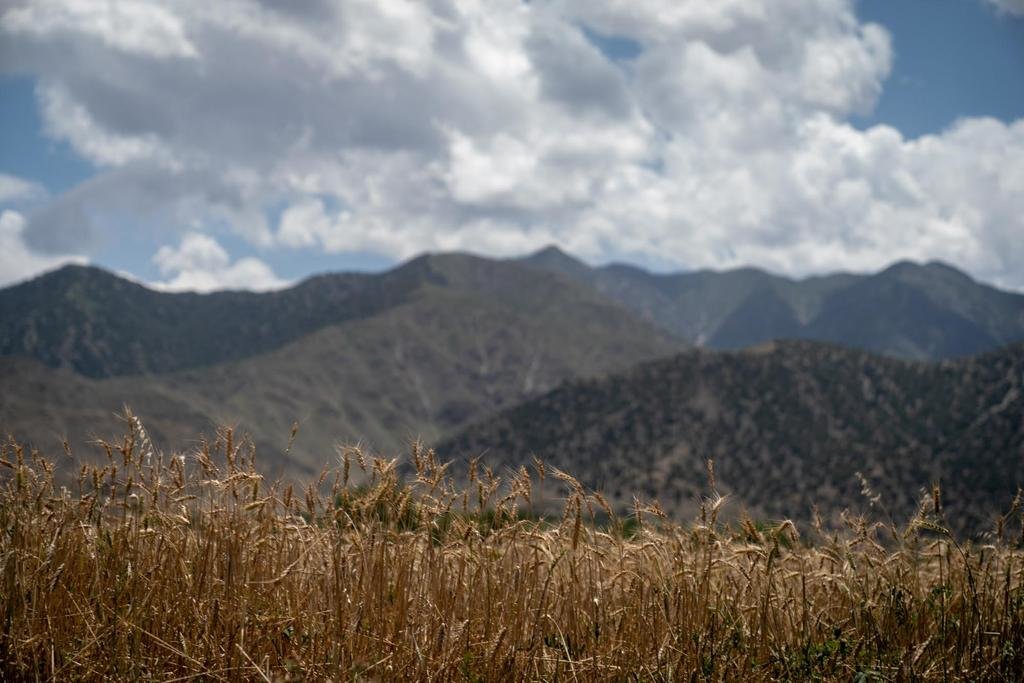
Kent also said that he believes there are personnel within the Afghanistan government who have gained wealth and power after working with the U.S. for the past 19 years. “They have no deal to cut with the [Taliban] and are hoping that the released prisoners will rejoin the TB and attack the U.S. to delay our withdrawal,” he explained. He added that he would be wary of any attacks against the U.S. military during the withdrawal because it’s in the Taliban’s best interest that we leave, while it’s in the Afghan government’s best interest for us to stay.
Kent believes the only good coming from this situation is that it solidifies the U.S. military withdrawal from Afghanistan and that the Taliban will have more troops to fight ISKP (Islamic State of Iraq and the Levant – Khorasan Province, or ISIS-K).
“If we keep our troops in Afghanistan in harm’s way and are tricked into staying while releasing prisoners, we are only strengthening the enemy,” Kent said. “Once we leave, most members of the TB will no longer view us as a threat, so this will not be an issue.”
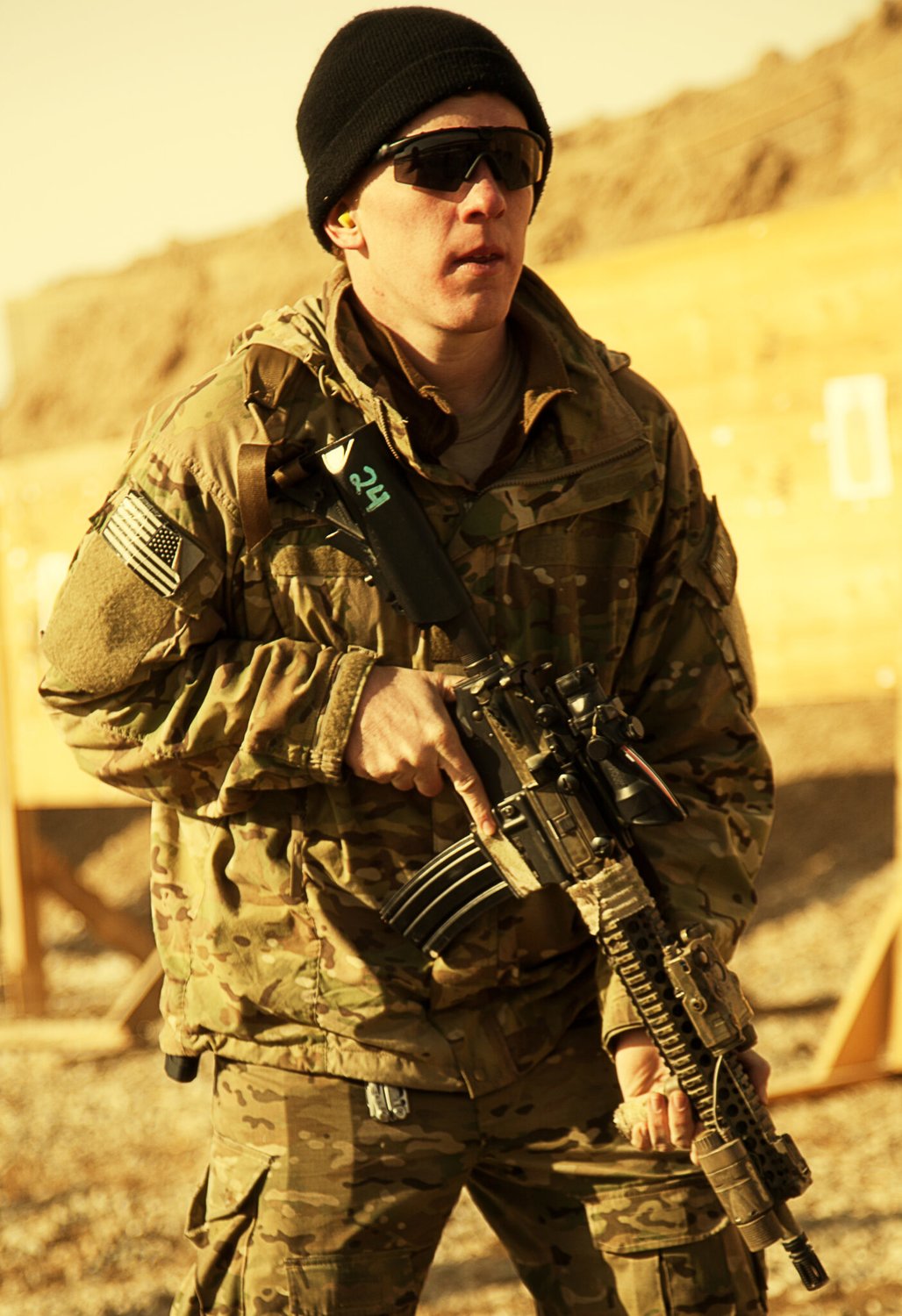
Luke Ryan, a veteran of the 3rd Battalion, 75th Ranger Regiment, served four deployments to Afghanistan. He believes that the situation is more complicated than it seems — with every action taken in the public eye, there are several others happening behind closed doors.
In addition to fighting in combat zones overseas, Ryan has also lived through conflicts as a civilian, including a peaceful coup, a religious conflict turned violent, and the cold war between Pakistan and India.
“In my experience, it’s less about what should or shouldn’t happen and more about what was inevitably going to happen,” he said. “That might seem a bit deterministic, but it’s not, and there are moments when people or groups are decisive and it matters … it’s just rare.”
“Short term relief from the never-ending war is a godsend — if they go back to war, it’s just back to business as usual.”
“I think it’s healthy to look at history — even when it’s in the making — with more of a ‘how’ perspective instead of ‘why,'” Ryan continued. “As the U.S. presence in Afghanistan continues to draw down, these sorts of moves make sense as the inevitable outcome.” He said he believes that the Taliban holds a stronger position over the Afghan government, leaving their only option to seek peace with them.
“Once big brother is gone, no one will be there to protect them,” Ryan said. “Even if the U.S. doesn’t fully pull out anytime soon, this still applies to regions of the country that are already practically turned over. Goodwill actions like these might buy them a little mercy, so to speak.”
Ryan believes the option of releasing Taliban prisoners is likely appealing to the Afghan people. “Short term relief from the never-ending war is a godsend — if they go back to war, it’s just back to business as usual,” he said. “Any promise or hope for peace might sound miraculous, and even if the chances are slim, they’re probably going to want it.” Ryan further explained that even if people agree, there are obstructions to having a unified voice to express it.
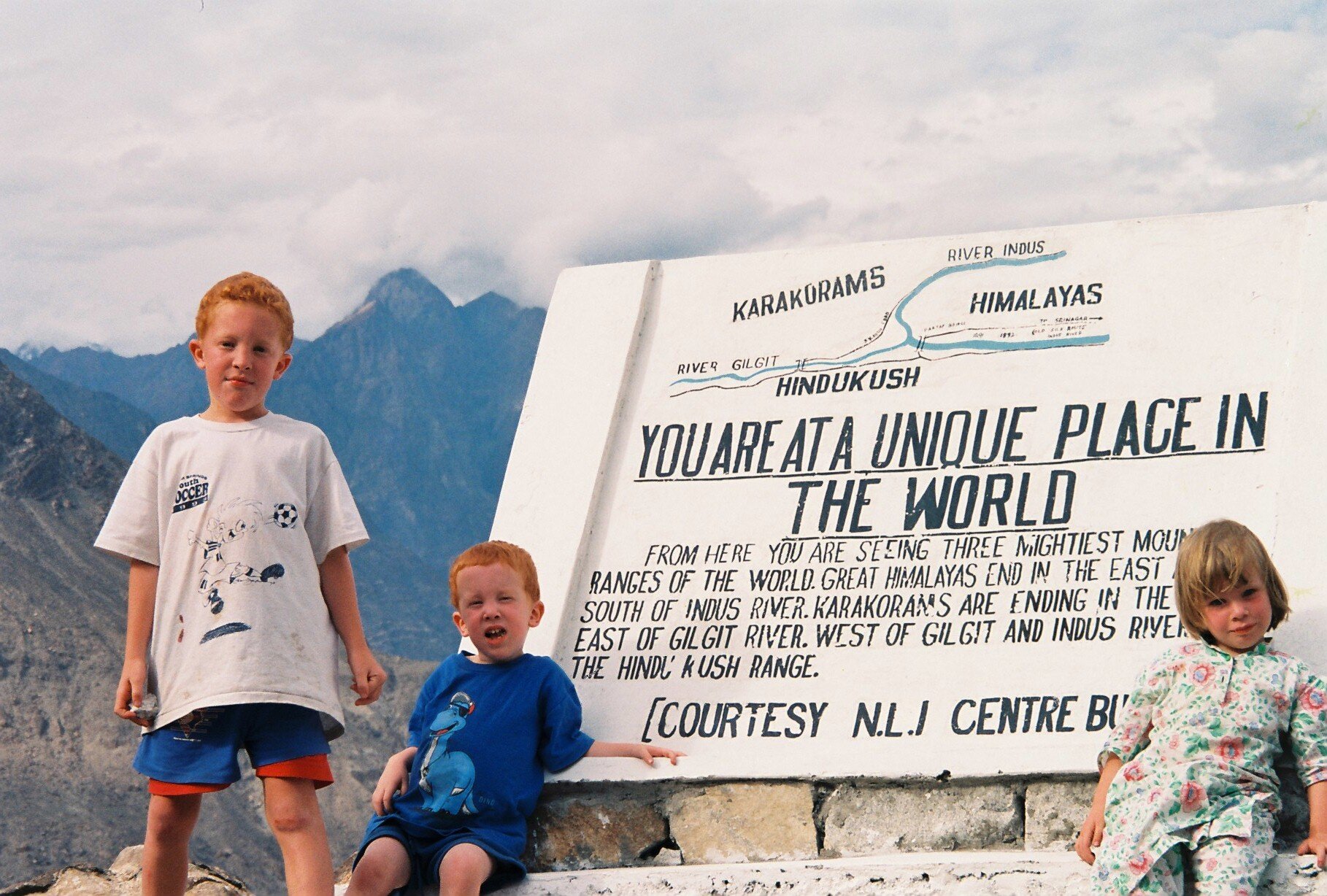
“The United States’ perspective is probably the most difficult to understand, at least for me,” he said. “It’s a super complex situation, with factors ranging from the appeasement of voters back home to the stability of the Afghan government to the strategic value of a presence in that part of the world to the realistic possibility of peace (or not) — and then all of those other things that are either over my head or behind the curtain.”
The solution to alleviating the Taliban’s hold on Afghanistan will be through education and “connection to the outside world,” Ryan said. He explained that once a level of peace is reached, positive change will come. “As generations pass — and it will take generations — the internet, international business, rising literacy rates … they will seep their way in and change minds one by one, which is the only way to change minds.”
Because they have a fallback area of Pakistan available, the Taliban cannot be stopped with war, but “education and exposure to the outside world will most likely disintegrate them over many years,” Ryan said. “All we can do now is figure out what path toward that has the least amount of bloodshed, while understanding that some violence is unavoidable at this point.”
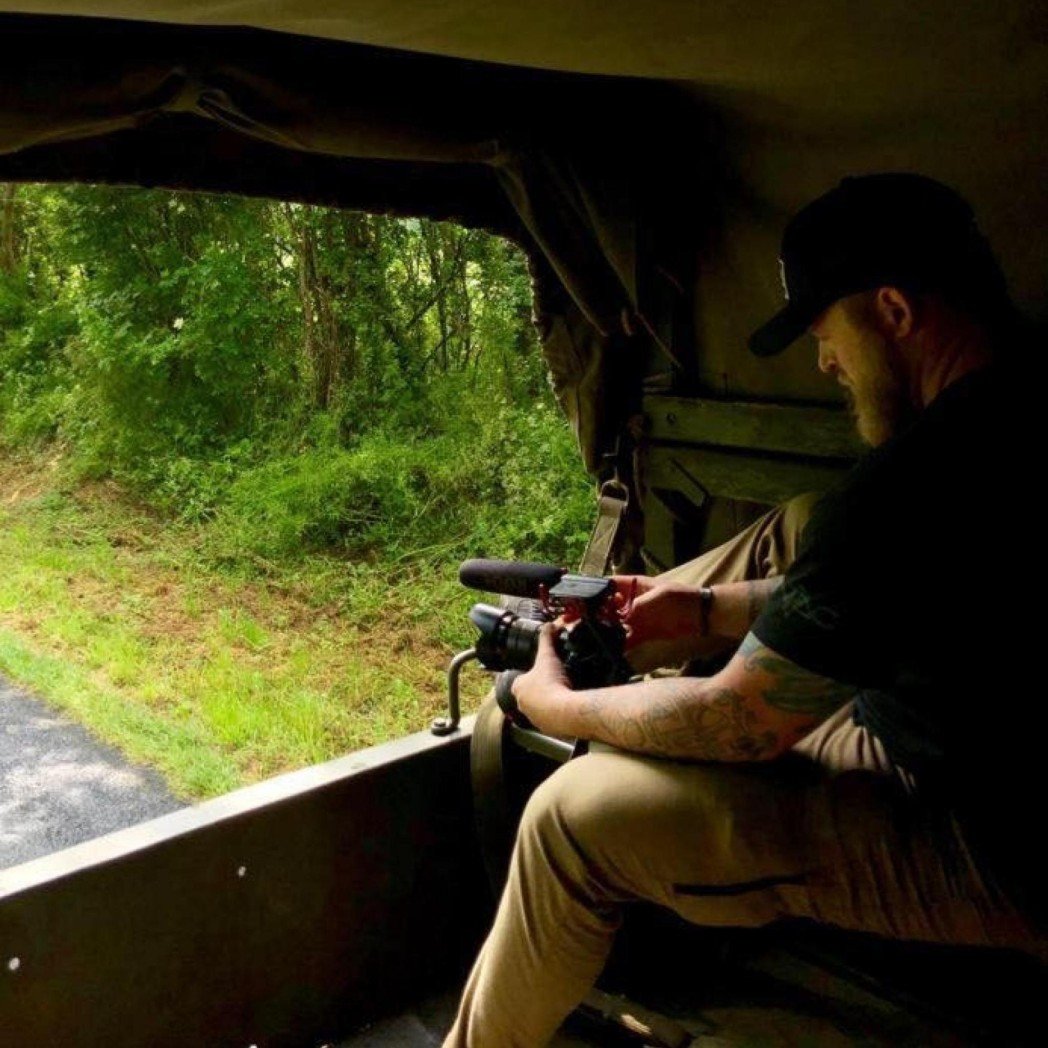
Joshua Skovlund is a former staff writer for Coffee or Die. He covered the 75th anniversary of D-Day in France, multinational military exercises in Germany, and civil unrest during the 2020 riots in Minneapolis. Born and raised in small-town South Dakota, he grew up playing football and soccer before serving as a forward observer in the US Army. After leaving the service, he worked as a personal trainer while earning his paramedic license. After five years as in paramedicine, he transitioned to a career in multimedia journalism. Joshua is married with two children.
BRCC and Bad Moon Print Press team up for an exclusive, limited-edition T-shirt design!
BRCC partners with Team Room Design for an exclusive T-shirt release!
Thirty Seconds Out has partnered with BRCC for an exclusive shirt design invoking the God of Winter.
Lucas O'Hara of Grizzly Forge has teamed up with BRCC for a badass, exclusive Shirt Club T-shirt design featuring his most popular knife and tiomahawk.
Coffee or Die sits down with one of the graphic designers behind Black Rifle Coffee's signature look and vibe.
Biden will award the Medal of Honor to a Vietnam War Army helicopter pilot who risked his life to save a reconnaissance team from almost certain death.
Ever wonder how much Jack Mandaville would f*ck sh*t up if he went back in time? The American Revolution didn't even see him coming.
A nearly 200-year-old West Point time capsule that at first appeared to yield little more than dust contains hidden treasure, the US Military Academy said.












